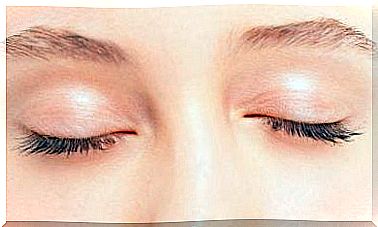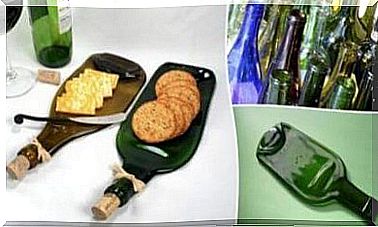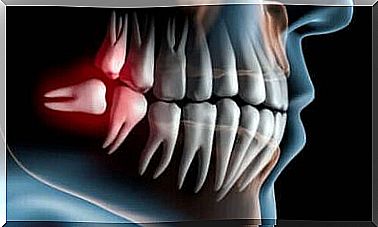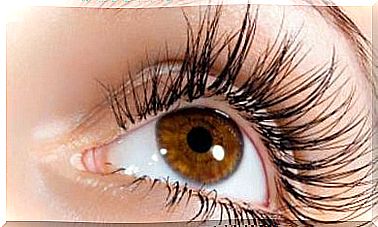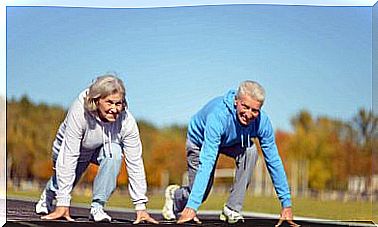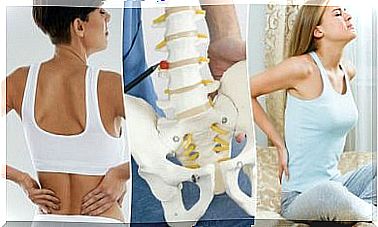The Best Care Tips For Your Newborn Baby
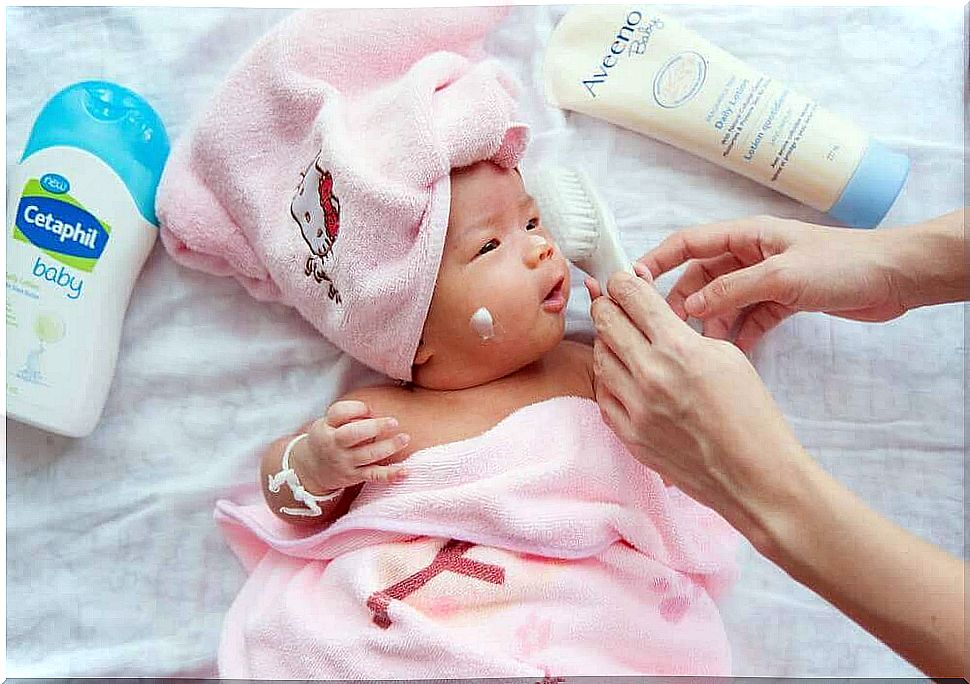
Motherhood is the gateway to a great change and transformation: suddenly there is a new person in your life with special needs who is completely dependent on you. We lend you a hand with the best care tips for your newborn baby.
With our tips, you’ll be better prepared for what’s to come. It is important to know in advance how you can best take care of your baby in those first months.
What does your baby need during the first months?
Coming home with a fresh baby for the first time can trigger a lot of emotions. On the one hand, you can’t wait to show your baby his or her new home. On the other hand , you may feel anxious and unsure of your ability to meet your baby ‘s needs.
It is true that parents cannot know everything. After all, you still have to get to know and understand your child. This is a process that takes time, especially when you consider that every child is different. Below we give you some handy guidelines and good advice on how you can best take care of your newborn baby.
Medical checks
As soon as your baby is born, the APGAR test is performed. With this test, the doctor checks that all of your baby’s vital functions are working properly. The following are being looked at:
- heartbeat
- whether the baby is crying and breathing
- muscle tension
- response to stimuli
- skin color
Depending on the results, the doctors will determine what care is needed for the baby.
The first day at home
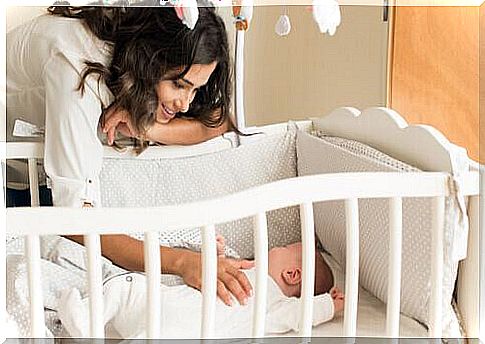
Believe it or not, the day your baby first comes home is usually the hardest. That’s because you no longer have the advice of the doctor or nurses at your disposal.
Therefore, before you go home with your family, think about what you could ask the doctors about those first days after returning home. This way you will be calmer and better prepared.
Health and Cleanliness
- Wash your hands thoroughly with soap and water before handling your newborn. This way you prevent infections and diseases.
- Avoid contact with sick people. Your baby’s immune system isn’t working optimally yet, so it’s best to minimize exposure to viruses and bacteria.
Provide a good living environment
A few things that are important when it comes to your baby’s living environment:
- Keep your home ventilated.
- Regulate the temperature so that it doesn’t get too hot inside.
- Keep your living environment clean: dust and smoke can affect the health of the baby.
- We advise you to avoid noises that may upset your baby.
- Babies are more sensitive to light. Therefore, do not take pictures with a flash.
- Finally, try to limit the use of your mobile phone or electronic devices near the baby as much as possible.
Breastfeeding
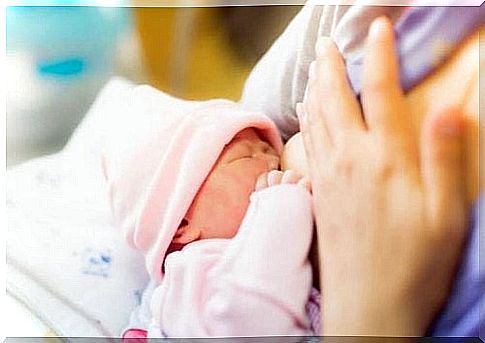
Breastfeeding may be a bit difficult during this period. Don’t worry if you don’t always succeed in latching your little one. Try to follow the directions given to you at the hospital. It helps to put the nipple in the baby’s mouth yourself, without hindering his breathing.
Your baby should be fed about 8 times a day, or whenever it asks for it. Do not allow more than 4 hours between each feeding. You may not make much milk at first, but the more often you breastfeed your baby and he drains your breast, the more milk you will produce.
Breast milk: a few facts in a row
- If possible, breastfeed your baby right after birth. The first milk that comes out of your breast, also known as colostrum, is thicker than the milk that your body will make later. Colostrum is rich in proteins and antibodies that protect the baby from diseases and allow him to feed himself much better.
- Remember to wash your breasts once a day with water and neutral soap. This prevents your child from getting oral diseases.
- During the first few days of breastfeeding, you may feel pain or swelling in your breasts. Then don’t panic. This is because milk production is getting underway.
- Try to continue breastfeeding despite any discomfort. If necessary, you can ask your doctor for a pain reliever.
To cry
Especially in the beginning, parents often get scared or stressed because of the baby’s crying. That is not strange, because you do not yet know the different cries of your little one, and therefore you do not know why he or she cries.
Realize that it is very likely that your baby will cry constantly during the first five days. Relax: This is just the way babies express their needs.
Is your baby crying? Then check the following things:
- Is your baby hungry?
- Does he need a new diaper?
- Is he tired?
- Is he too cold or too hot?
You will see that you get to know your baby better and that you will automatically find out what his needs are and how you can meet them.
Your baby’s body temperature
Although babies have the same body temperature as adults, babies are much more sensitive. In the beginning it is a bit difficult to know whether your child is too hot or too cold.
You can check his body temperature by feeling his hands or feet. If they are cold, you need to make your baby warmer. However, make sure it doesn’t overheat! In these cases it is wise to listen to your common sense.
Bathing your baby
Below are a few key tips from our list of newborn care tips.
- In some countries, children are bathed immediately after birth.
- In other cultures, however, one waits until the umbilical cord has fallen off and the navel has dried up. Or at least not until at least a week after the birth of the baby.
Whatever your choice, below we share some tips on how to best bathe your baby.
The sponge bath
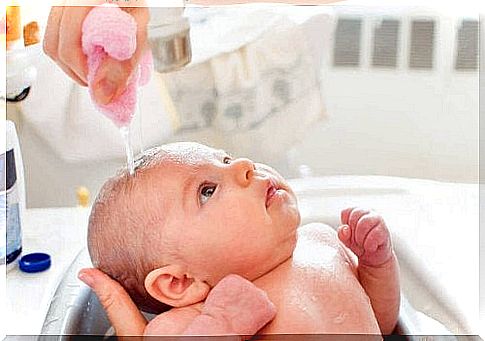
If you prefer to wait a while before bathing your baby for the first time, you can wash him two or three times a week with a soft sponge bath.
- Dip a towel or sponge in some warm water with a little neutral soap. Preferably use soap that is especially intended for babies.
- Start by washing the cleanest parts of the body: the eye area.
- Lastly, wash the dirtier spots: where the diaper is and around it.
- To rinse your baby, wet the towel again with some warm water. Then wipe all soap residue from his body with the towel.
The plunge pool
If you opt for a plunge pool, you will need the following items:
- Neutral soap specially intended for babies (after this you can switch to shampoo).
- Sponge.
- A glass of warm water.
- Towel.
It is not necessary to bathe your baby every day. It is even better to leave two to three days between each bath. The skin of babies is very sensitive, so you protect the acidity and the natural fat layer of the skin.
Other tips to keep your little one clean
- Do not use suction bulbs to clean your baby’s nose. Instead, drop 2 or 3 drops of pre-boiled, lukewarm water into his nose. This will loosen the mucus and make it come out of the nose as soon as your baby sneezes.
- As for cleaning the ears, never put cotton swabs in the ears. Instead, you can wash the outside of the earbuds with the corner of a wet towel.
- The temperature of the room in which you bathe your baby should be pleasant. In addition, the ideal temperature of the bath water is between 35 and 37 degrees.
- Finally, never leave your baby alone in the bath! Make sure you have all the bath supplies ready in advance to avoid distractions.
Baby Clothing
We recommend that you only use clothes made of cotton. Do not use fabrics with synthetic fibers.
Some tips for washing baby clothes
- It is best to use a special detergent or neutral soap to wash baby clothes .
- Rinse thoroughly to remove all soap residue.
- It is best to wash your baby’s clothes separately.
One last piece of advice
As you can read in the care tips for your newborn baby above, the care is very specific, especially in the first months.
Unfortunately, we have not been able to discuss all points in detail, but keep in mind that physical hygiene of both the mother and the baby is essential. If you take good care of this, you can prevent the baby from getting sick, or from getting his skin irritated.
As the baby grows and develops, hygiene measures and grooming needs will also change little by little. However, you will have to be patient.
A healthy baby is the best reward for your efforts. Are you an experienced mother? Do you have any other care tips for a newborn baby?
